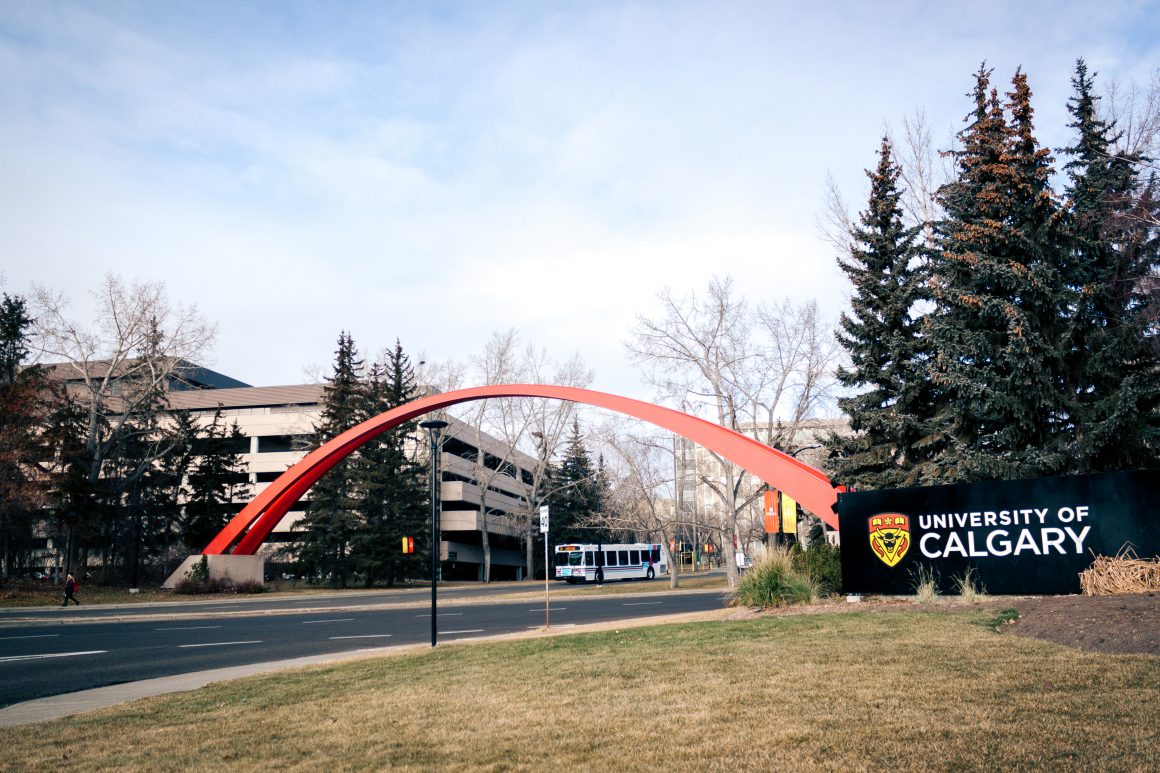
Our top 12 news stories of 2016 highlight MacHall, hate speech and cyber attacks
By Scott Strasser, January 10 2017 —
It was an eventful year in the world of news in 2016, both globally and locally. The University of Calgary was no different. Here are 12 of the Gauntlet’s biggest news stories from the last 12 months.
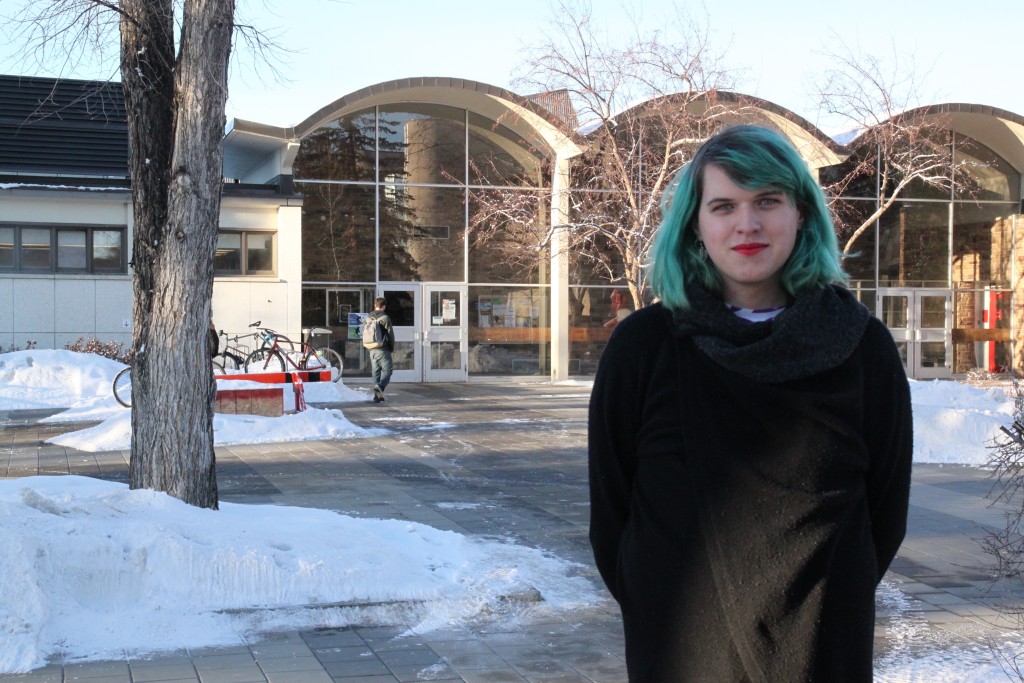
Jan. 25: Students call for non-binary and trans inclusive change rooms.
Early into 2016, three U of C students complained to Active Living about the lack of non-binary, family or individual changing room options in the kinesiology complex. U of C student Quinn Nelson brought the issue forward with a Facebook post on Jan. 16, which was subsequently shared by the Q Centre.
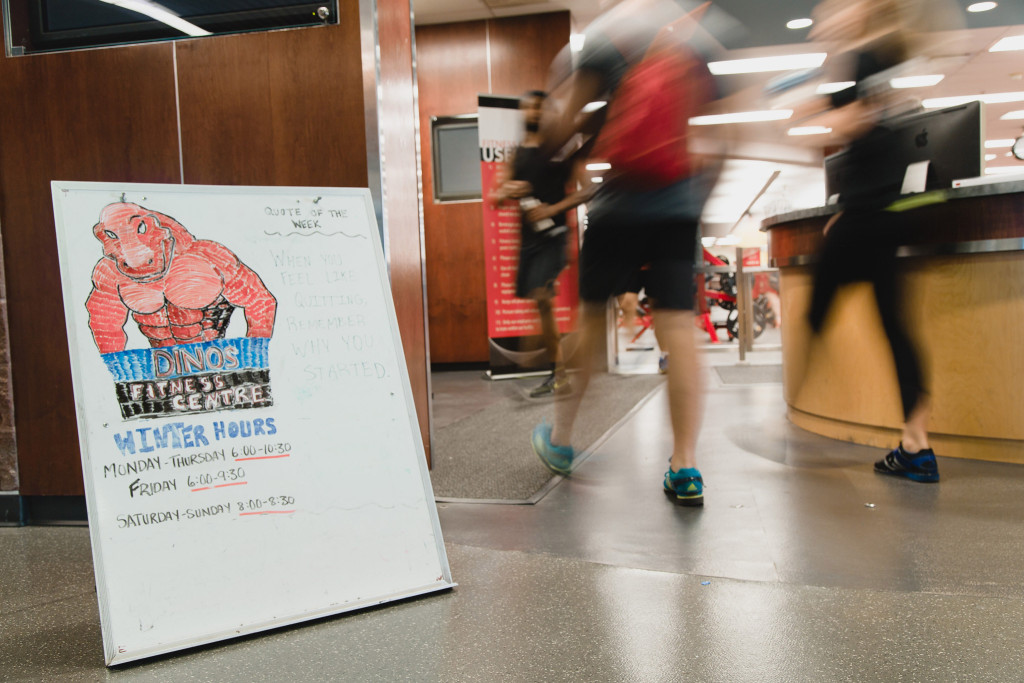
March 15: Two women kicked out of fitness centre for wearing sports bras.
On two separate incidents in February, Active Living staff asked U of C students Bobola Olayinka and Gorana Jeftic to leave the U of C Fitness Centre for working out in sports bras without shirts — a violation of the gym’s dress code. The two women complained to staff members following the second incident, claiming they were unfairly targeted. Despite meeting with fitness centre management to discuss the incidents, Olayinka had her gym membership suspended for two weeks. The altercations led to a fitness centre dress code review in April.
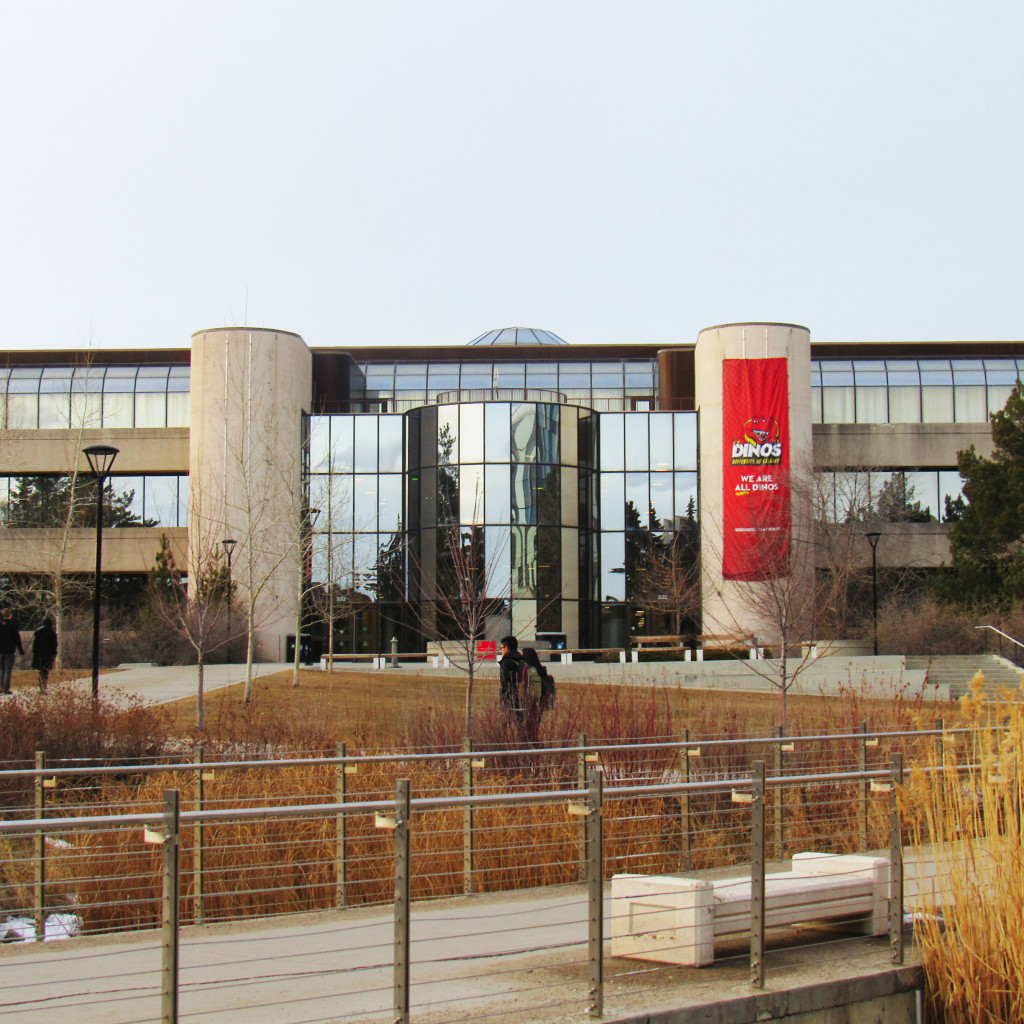
April 15: Fight for MacHall resumes after talks break down.
Mediation talks regarding the operation of MacHall broke down between U of C administration and the Students’ Union in mid-April, reigniting the longstanding legal dispute over the building’s ownership. The sides entered mediation in January and it was extended multiple times before talks broke down. The university and SU went to court twice in the spring.
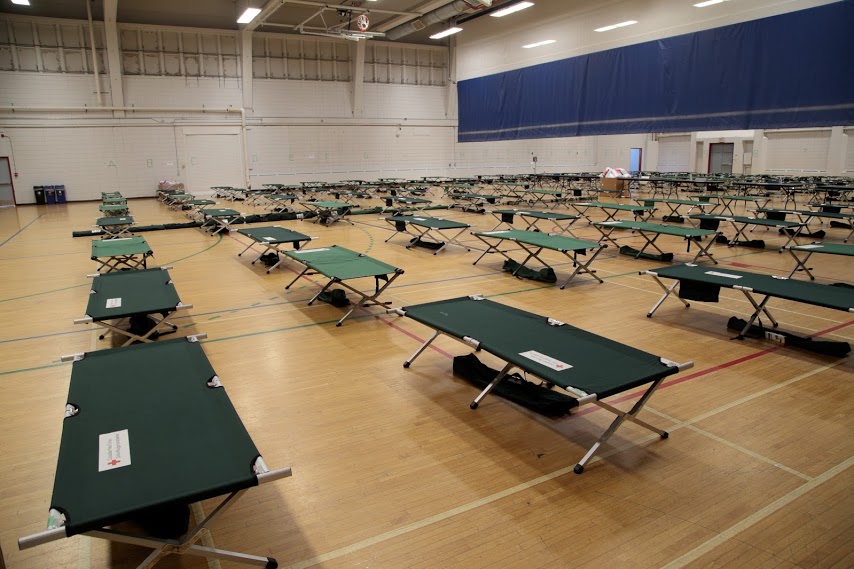
May 6: Fort McMurray evacuees find refuge in U of C residences.
The U of C campus became the temporary home to more than 1,200 evacuees who fled Fort McMurray following the forest fires. The natural disaster ravaged northern Alberta for several weeks in early May and led to the evacuation of more than 88,000 people from Fort McMurray and surrounding areas. The U of C took in more evacuees than any other institution in Alberta.
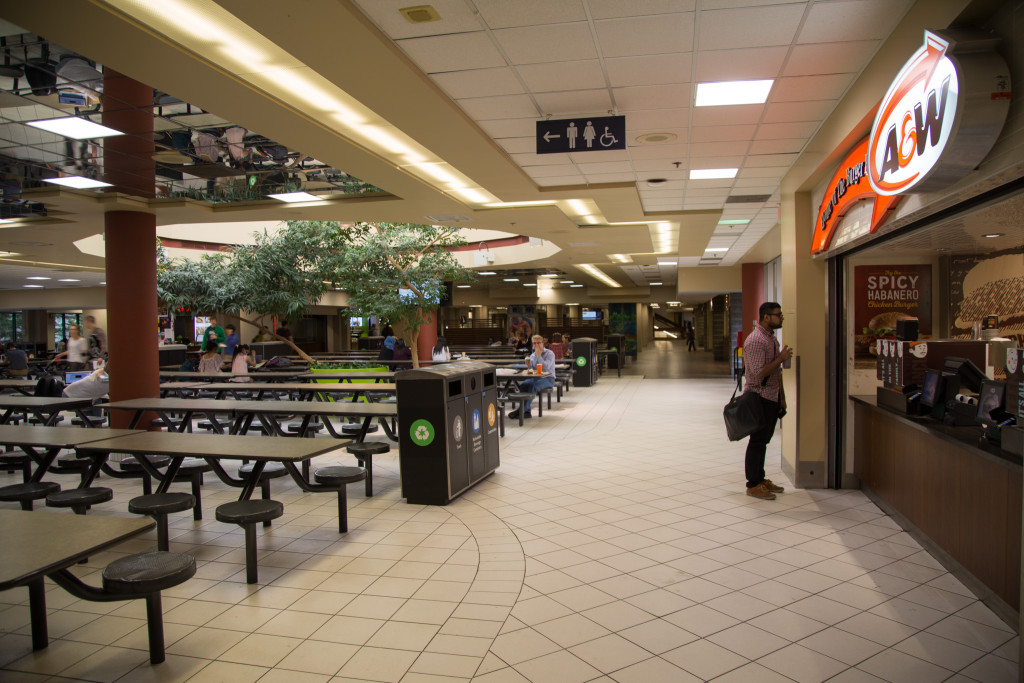 May 16: MacHall could get second burger vendor in Fall 2016.
May 16: MacHall could get second burger vendor in Fall 2016.
At a Students’ Legislative Council meeting, SU vice-president operations and finance Branden Cave announced that Carl’s Jr. could replace Sweet & Savory’s lease in the MacHall food court, pending an agreement between the two parties. The announcement sparked debate and backlash from U of C students who were against the burger chain’s gender-targeted advertising and lack of healthy or vegetarian food options. Carl’s Jr. and Sweet & Savory eventually came to an agreement and Carl’s Jr. opened in MacHall on Nov. 8.
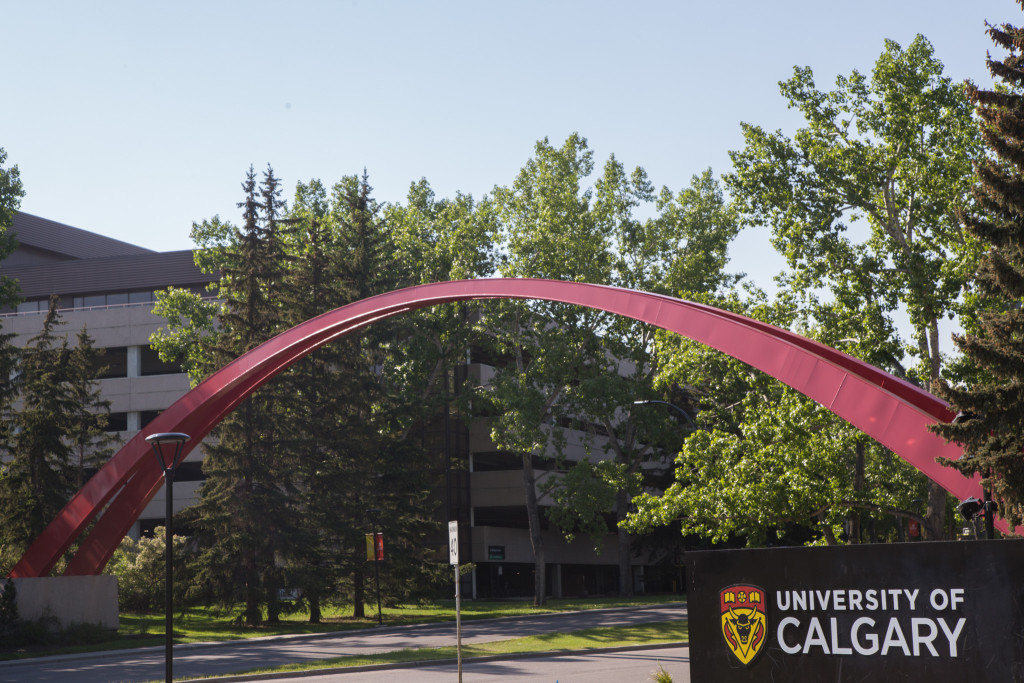
June 7: U of C pays $20,000 ransom to cyber attackers.
The U of C admitted on June 7 that a malware attack on the university’s servers over the May 28–29 weekend was caused by cyber attackers who demanded a $20,000 ransom. The U of C paid the ransom to avoid losing thousands of files and data. The attack made international headlines and led to the creation of 9,000 new Office 365 email accounts for U of C staff and faculty, as well as a campus-wide IT policy review over the summer. The malware attack occurred while the U of C hosted more than 8,000 scholars and academics during the annual Congress for the Humanities and Social Sciences.
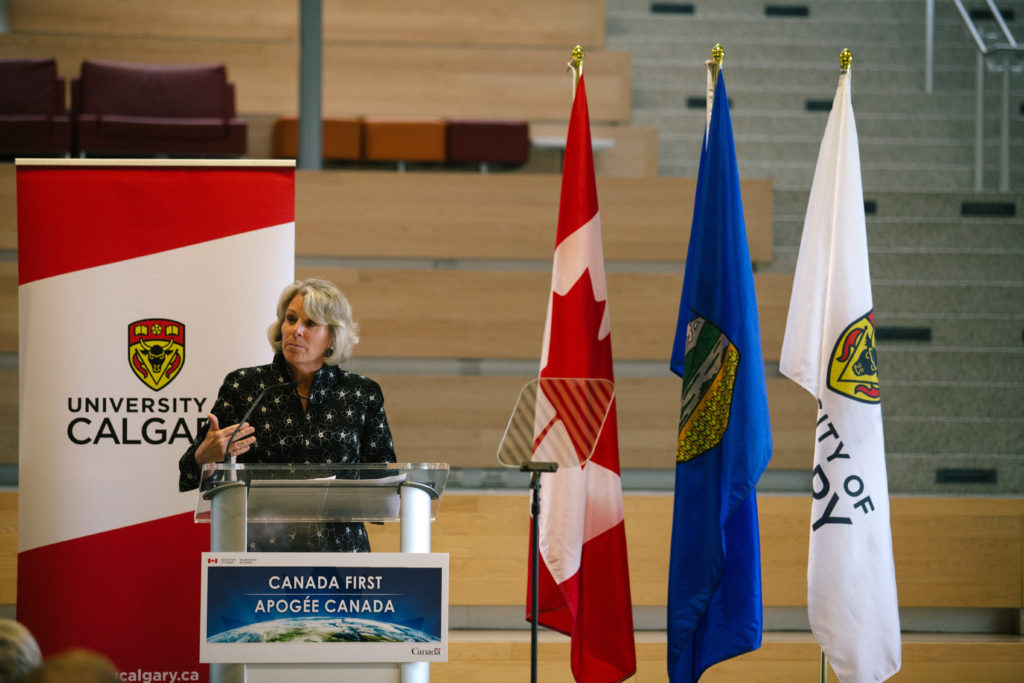
Sept. 6: U of C receives $75-million research grant.
The Canadian federal government announced they would provide the U of C with $75 million over seven years toward energy-related research in early September. The funding was part of a national $900 million research grant announcement made the same day and came from the Canada First Research Excellence Fund. The funding marks the largest energy sector-related research grant in the U of C’s history.
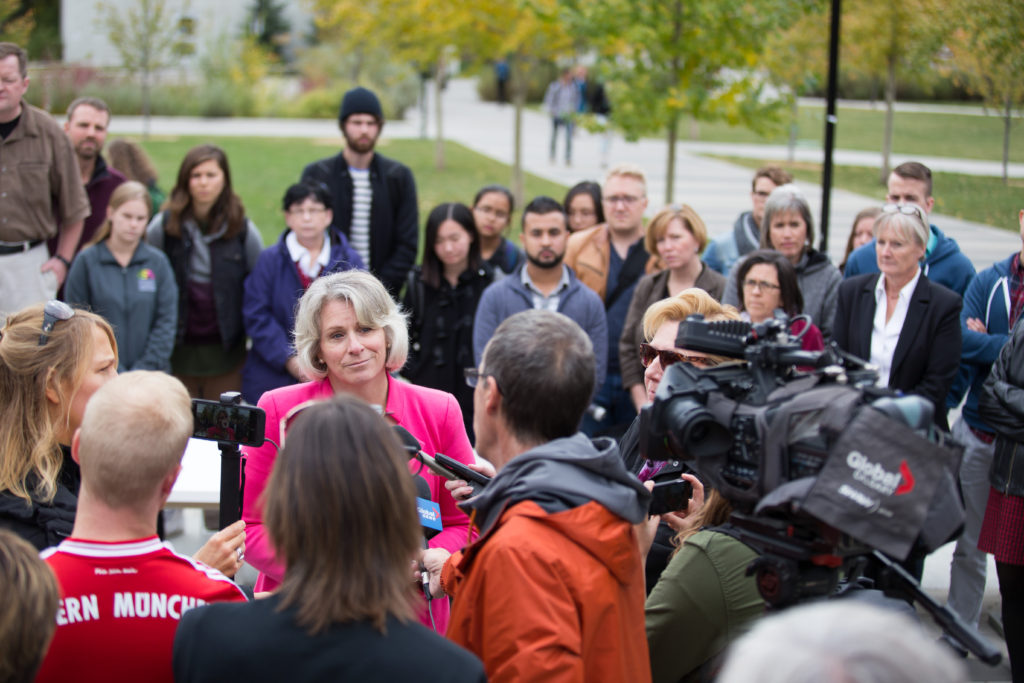
Oct. 4: Graphic anti-Muslim posters found on U of C campus.
On the early morning of Oct. 4, U of C campus security found around 40 anti-Muslim posters on campus. The posters depicted a burning Quran and several offensive messages towards Muslims but were later determined by Calgary Police Services to not break any hate speech laws. Following the incident, the U of C showed solidarity towards its Muslim community by holding a gathering in front of MacHall.
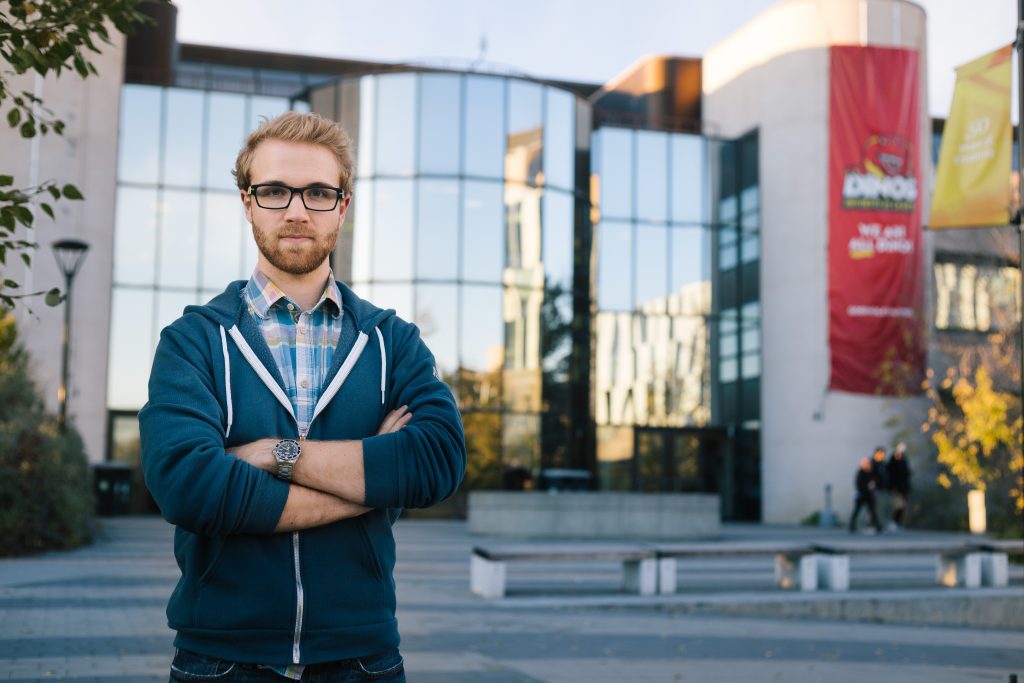
Oct. 7: SU injunction fails, university assumes control of MacHall.
The long-awaited verdict surrounding the SU’s injunction application to maintain operational control of MacHall was delivered on Oct. 7, after two court hearings in the spring.
Court of Queen’s Bench Justice Kim D. Nixon ruled the loss of operation over MacHall would not cause “irreparable harm” to the SU, effectively granting power over the building to U of C administration. With the ruling, the U of C will collect revenue generated by rent cheques from MacHall tenants equalling roughly $1.9 million per year for the duration of the ongoing lawsuit over the building’s ownership.

Oct. 14: Anti-LGBTQ group stirs up protest in front of Q Centre.
On Oct. 14, members of the Queers on Campus student club protested in front of the Christian Truth Activists, an evangelical Christian group that had booked a table for the day in MacHall. The CTA advocates against non-heterosexuality and abortion. The group’s presence just meters away from the Q Centre in MacHall attracted backlash and arguments from students passing by their booth. The incident sparked debate surrounding what constitutes free speech and a review of the SU’s table booking procedures.

Oct. 18: Trump hat leads to fight in MacHall food court.
Two men — one of them a U of C student — engaged in a fist fight in the MacHall food court after comments were made about a “Make America Great Again” hat on Oct. 14. The politically-charged fight occurred just a month after a similar altercation between students surrounding a MAGA hat took place at Mount Royal University. Surveillance footage of the altercation proved inconclusive and no charges were laid towards either party.
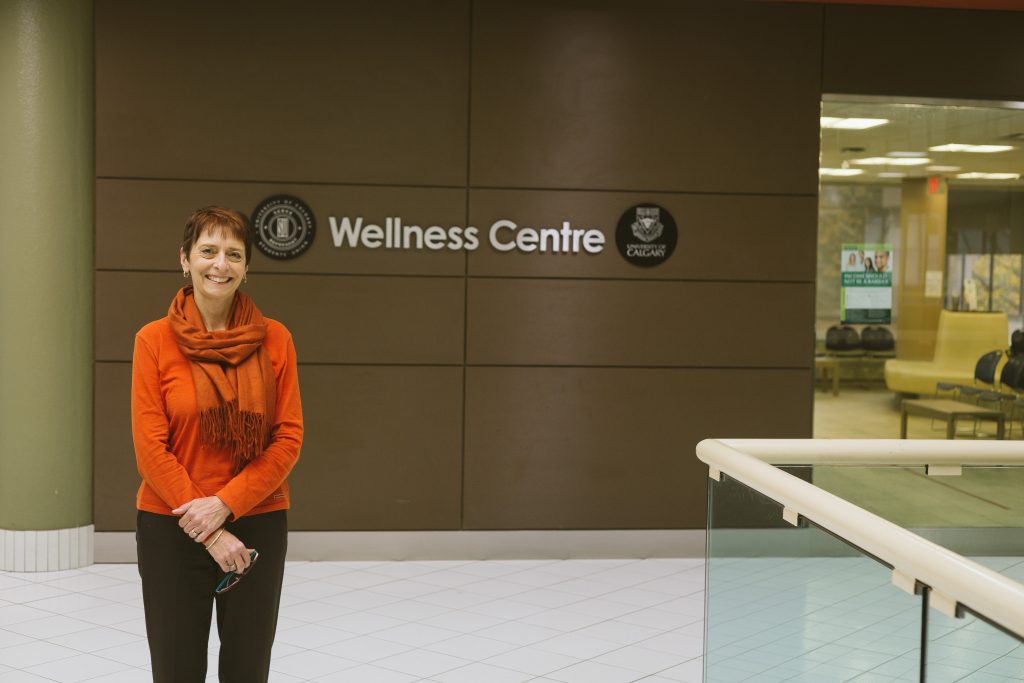
Nov. 29: National College Health Assessment results released.
The 2016 NCHA survey results were released on Nov. 28, offering the U of C a better framework for addressing mental health issues on campus. The 2016 data showed increased reporting from students for things like loneliness, depression, anxiety and thoughts of suicide.
Data from the previous NCHA survey helped lead to the creation of the U of C’s campus mental health strategy, which launched in December 2015.
